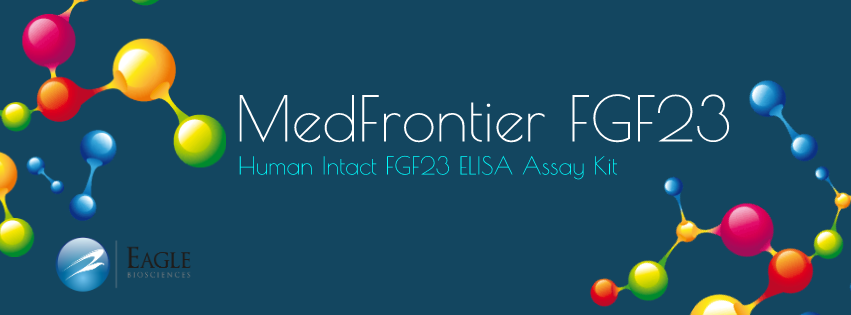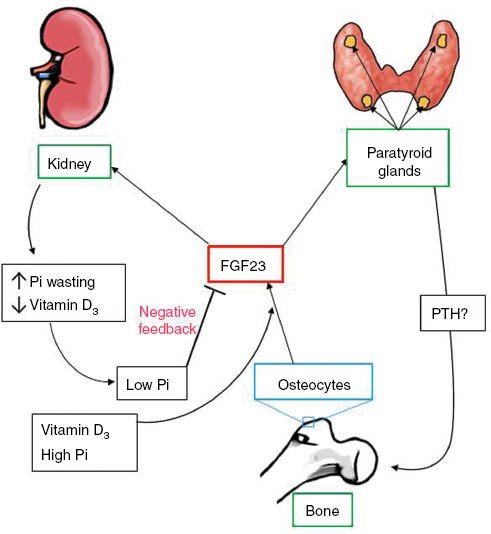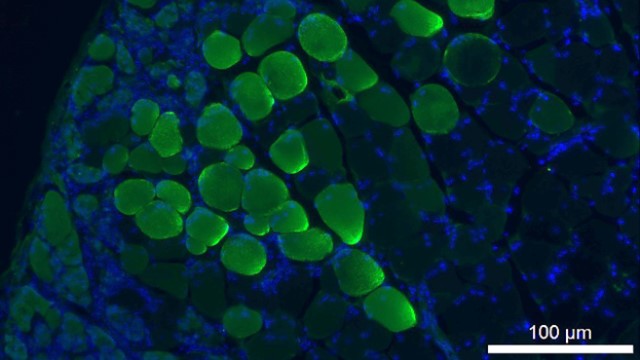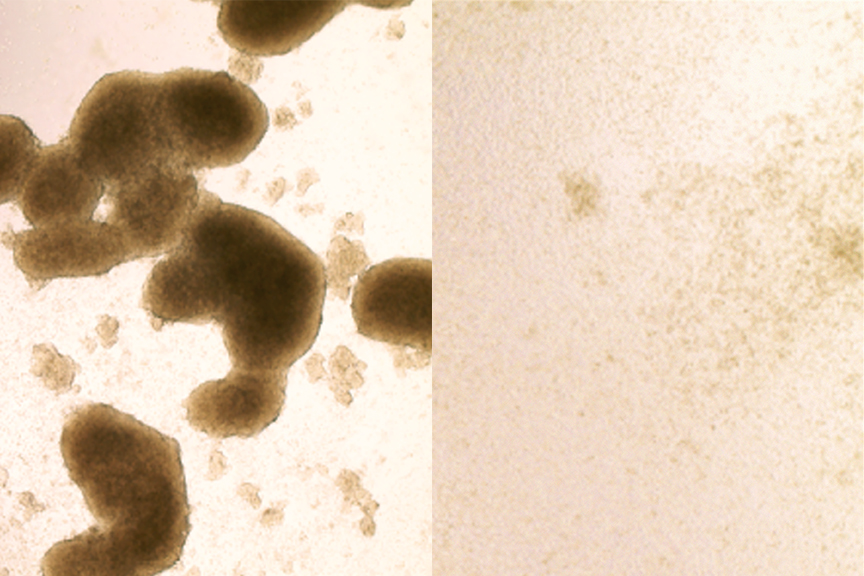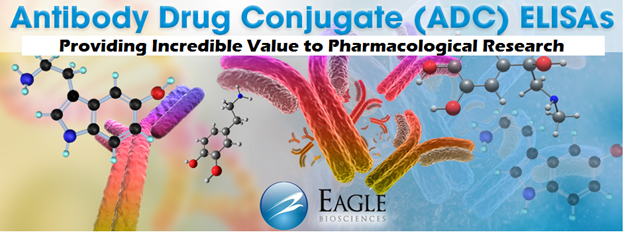
Eagle announces the introduction of an Intact MMAF ADC ELISA Assay Kit to its line of existing Antibody Drug Kits. This Intact MMAE Kit is the first of its kind, allowing for the measurement of conjugated antibody in a variety of sample types.
What is MMAF (Monomethyl auristatin F)?
MMAF is a new type of targeted therapy for cancer treatment. It is a synthetic antineoplastic agent that is a toxic compound; when linked to a monoclonal antibody (mAb) it gets directed to cancer cells. This drug treatment targets tumors and inhibits their growth by blocking the polymerization of tubulin in the cell. Measuring circulating specific ADC’s is importatnt for pre-clinical and clinical studies for the discovery of unique, targeted, safer, effective cancer treatments.
Key Advantages to Eagle Biosciences’s Antibody Drug Conjugates Assays:
- Excellent Sensitity
- Simple Procedure
- Wide Dynamic Range
- Quick Results: Under 3 hours
- Versatile: multiple sample types and species
Related Kits:
MMAF Antibody Drug Conjugate (ADC) ELISA Assay Kit
MMAE Antibody Drug Conjugate (ADC) ELISA Assay Kit
Intact MMAE ADC ELISA Assay Kit


